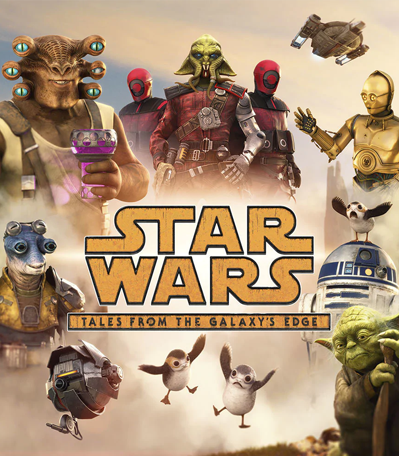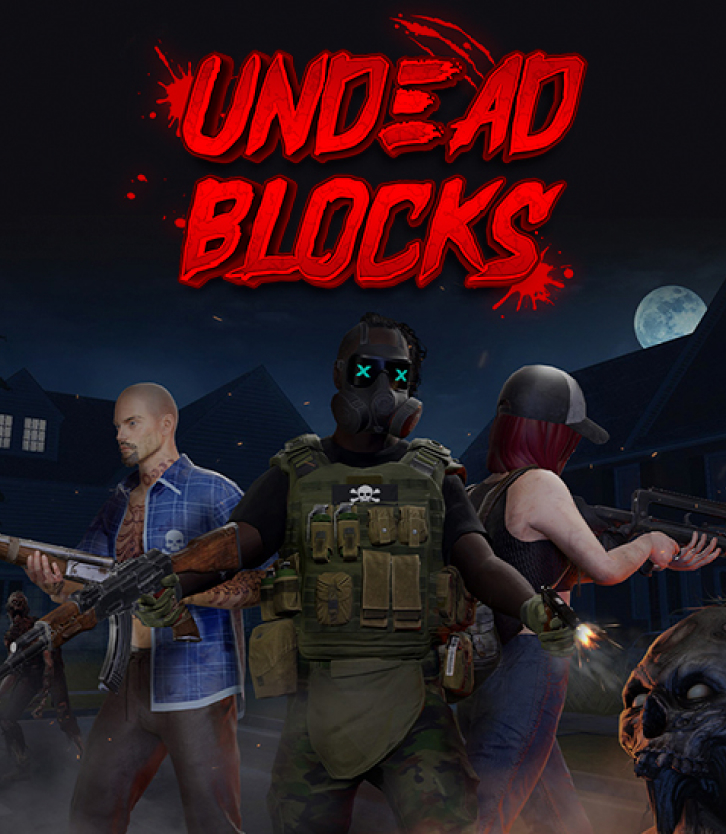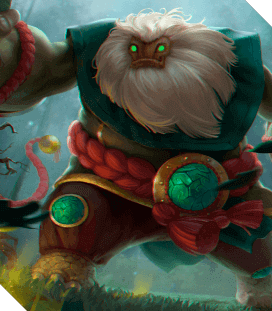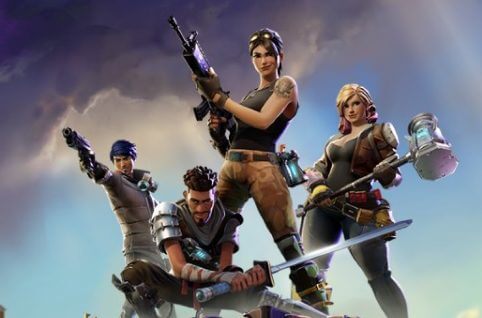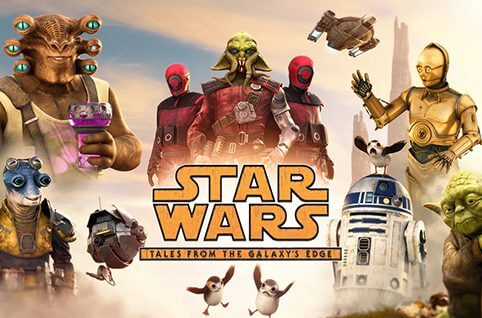Our Social Network Game Development Services
Our area of expertise lies in creating personalized social gaming apps that elevate the overall gaming experience, expand the reach of social games to a large user base, and continuously adapt social games to match evolving trends and standards.
Why Social Games Are Gaining Momentum
Social games are becoming more and more popular among gamers. This is simple interactive entertainment that doesn't require powerful hardware or special gaming skills, but at the same time offers a fun and exciting pastime. Here are the main reasons why social games will develop at a furious pace further.
-
Social Interaction
One of the key reasons for the popularity of social games is the ability to interact with other players in real time. Social games allow players to form communities, collaborate, and compete against other players, which enhances the overall gaming experience. Social interaction can help players feel more engaged and invested in the game, leading to increased retention, longer playtimes, and the growth of in-app purchases
-
High Accessibility
Another significant factor in the popularity of social games is their accessibility. Unlike traditional games, which often require expensive consoles or gaming PCs, social games can be played on a variety of devices, including smartphones, tablets, and laptops. Additionally, social games are often free to play, which makes them accessible to a wider audience and attractive to players who cannot afford expensive games.
-
Constant Updates
Social games are known for their frequent updates and new content releases. Game developers consistently add new levels, assets, quests, events, challenges, and features to keep players engaged and interested in the game. These frequent content updates not only keep players engaged but also encourages them to spend more time in the game, leading to increased monetization opportunities for game developers and publishers.
Our Fundamental Benefits in Social Network Game Development
Our social gaming solutions come with a range of customizable features that are designed to enhance gameplay, attract more players, establish intricate social networks, and generate revenue.
Quick Facts About Us
We focus on providing Android game development services to create projects that stand out and stay in memory for long. Our Android game developers have extensive experience enabling us to help global gaming companies with their popular titles.
Developers
Partnership
Business
Key Social Game Features We Implement
-
# Loyalty Rewards
We develop customized loyalty and rewards frameworks, which utilize a variety of available mechanics – levels, points, and missions, to effectively engage and retain users.
-
# In-App Purchases
Our programming services include features that enable in-app purchases (IAPs), which provide users with the ability to access bonuses and benefits within a free game using virtual currency.
-
# Leaderboards
Our services include the delivery of advanced features for tracking player statistics and creating leaderboards that display real-time data, providing users with live feedback.
-
# Intuitive UX/UI
Our team designs lively worlds with high-quality graphics, animations, and sound effects, creating a seamless user experience that resonates with your target audience.
-
# Live Chat
We offer features that allow for real-time communication through in-app messaging and live voice/video chat functions, providing a platform for nurturing your gaming community.
-
# Teams and Guilds
We implement guild mechanics, which enable users to play repeatedly with the same individuals, share and trade resources, and build teams, fostering greater connectivity.
Other Services
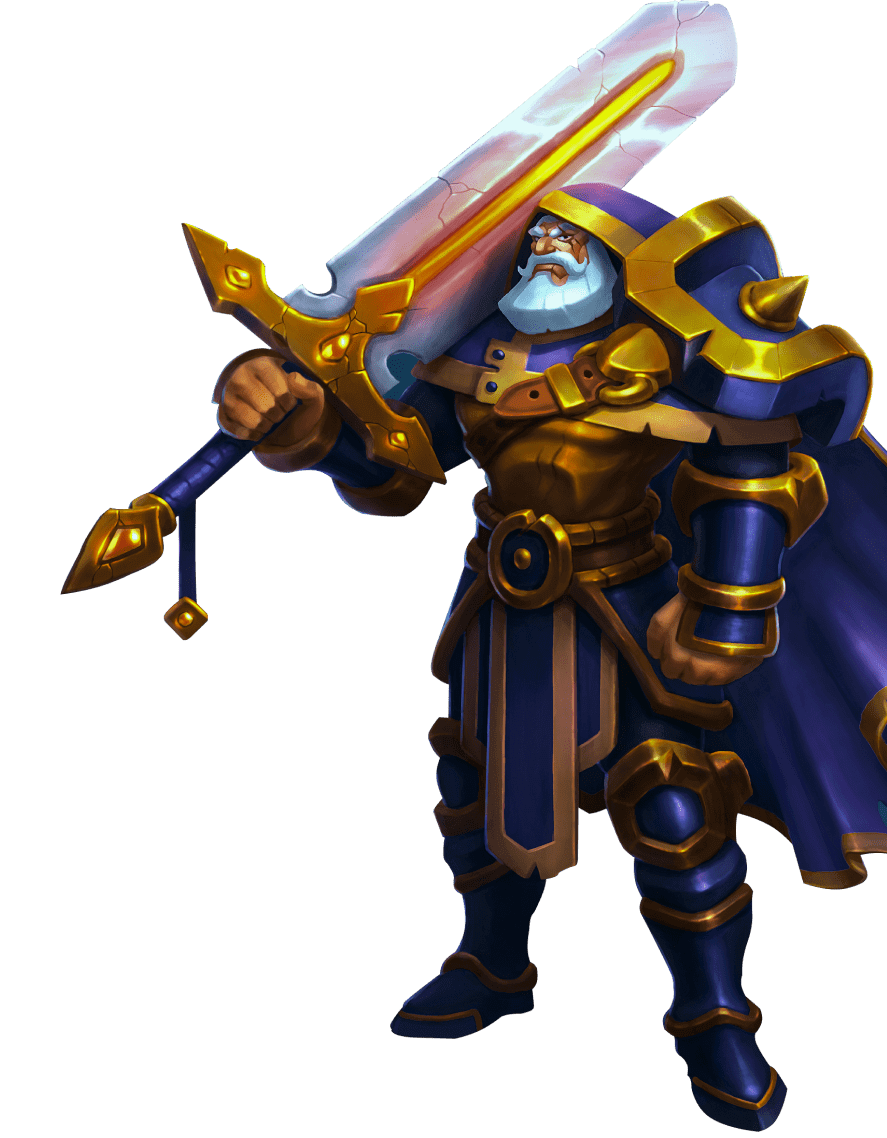
FAQ
What is a social network game?
A social network game is a type of online game that is designed to be played within a social networking platform or on a website that integrates with social media platforms such as Facebook. These games are often multiplayer games that allow players to interact with each other, form social connections, and compete against one another.
Social network games are typically free to play, but generate revenue through in-game purchases, such as virtual items or premium features. The games are often designed to be addictive and encourage players to return regularly to the game, with rewards for logging in daily or inviting friends to play.
Some popular examples of social network games include FarmVille, Candy Crush Saga, and Mafia Wars. These games are often easy to play and accessible to a wide range of audiences, making them popular among casual gamers and non-gamers.
How long does it take to develop a social network game?
The development time for a social network game can vary widely depending on the complexity of the game, the size of the development team, the technology used to build the game, and other factors.
Simple social network games with basic mechanics and graphics can be developed in a few months, while more complex games with advanced features and gameplay mechanics can take several months or even years to develop.
The development process typically involves several stages, including game design, prototyping, development, testing, and deployment. Each stage can take varying amounts of time depending on the scope and requirements of the game.
In addition to the development time, there may also be additional time required for marketing, promotion, and ongoing maintenance and updates to the game after it has been released.
Overall, it’s difficult to provide a definitive answer to how long it takes to develop a social network game, as it depends on several factors. However, experienced developers can provide estimates based on the specific requirements of the project.
How much does it cost to develop a social network game?
The cost of developing a social network game can vary widely depending on various factors: the difficulty of the game, the size of the team, the technology used to create the game, and other factors.
Simple social network games with basic mechanics and graphics can be developed for a few thousand dollars, while more complex games with advanced features and gameplay mechanics can cost hundreds of thousands or even millions of dollars to develop.
The development costs typically include expenses for game design, programming, art and graphic design, sound and music, testing and quality assurance, and project management. In addition to development costs, there may also be expenses for marketing, promotion, and ongoing maintenance and updates to the game after it has been released.

